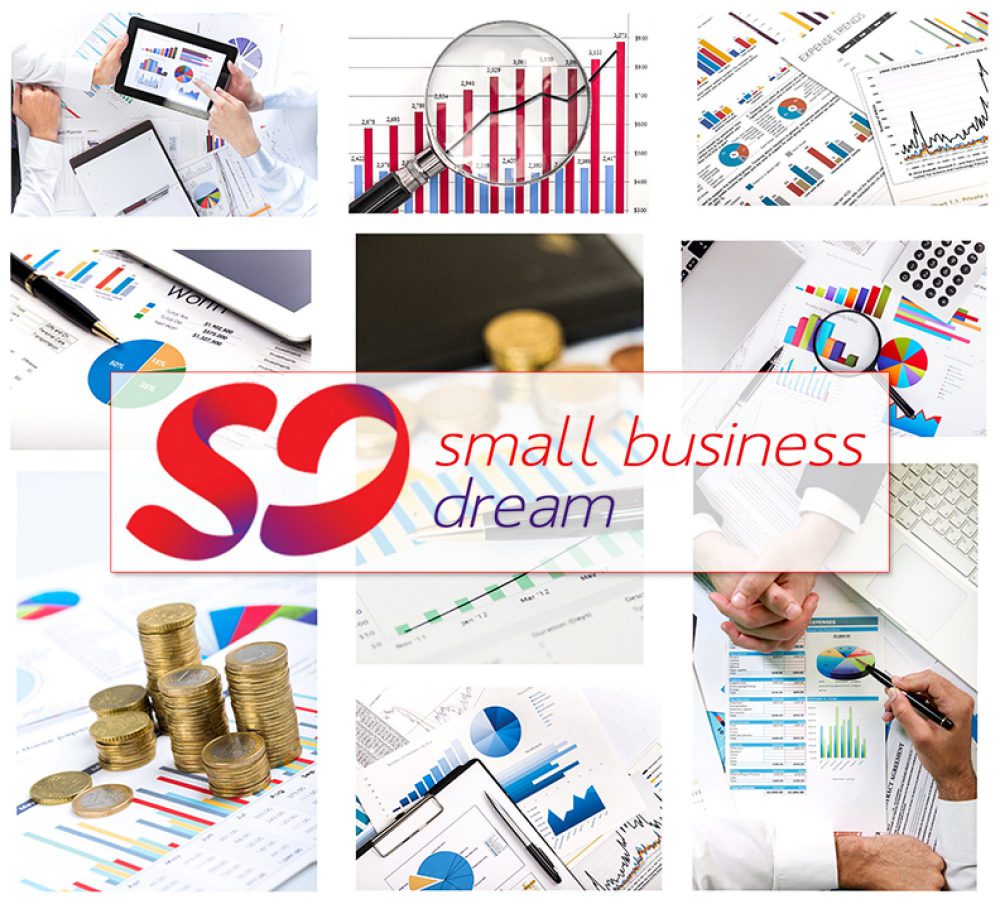Social media is still one of the most misunderstood marketing tools for small businesses. If you’re not using it, you’re missing out on a valuable opportunity to drive customers to your website and ultimately make a purchase.
According to a recent LinkedIn study, a whopping 81% of businesses use social media to drive growth while an additional 9 % intend to use social media in the future. If your online presence isn’t up to par, you may have missed out or you may have though that social media is already too crowded. In fact, it is still a vital way for businesses to reach their customers if done correctly.
Unfortunately most businesses don’t understand how to use it to connect with their customers and drive the results they want. Consumers now are more savvy than ever before and do their research before reaching a purchase decision. And that includes searching businesses’ social media presence.
In today’s competitive world, small businesses need to have a solid online presence in order to succeed. A lot of people are hesitant to do business with a company that doesn’t have a solid online presence. If they don’t see a strong following on any of the channels, they might look for somebody else with more social proof.
Customers are also more likely to speak out their grievances online which is why it is crucial for businesses to respond to customer inquiries and reviews. But you shouldn’t just be reactive online. Social media is a very inexpensive way to reach the same amount of people as doing a national advertisement campaign on television. Make use of creative social media content to grab people’s attention.
The age of your customers will also determine the way you communicate with them online. Millennials are more skeptical than older ones and typically want to know their business owners.
Part of the problem with social media is that small businesses have a hard time keeping track of their return of investment. It can be especially difficult to track organic social media if a small business is on a budget. Usually, it is the first thing to go.
However for those who invest consistently in social media, most people agree that there’s a payoff within the first two years and a significant payoff in five years. A small caveat here: it’s important that you don’t try competing with the big companies, especially online. They have people — sometimes entire departments — dedicated entirely to social media and their online presence.
You have to think how you can carve your own space out online. Perhaps it’s coming up with a unique and exciting campaign or maybe dominating a local area.
For the last couple of years, people have been focusing on paid advertising instead of organic content. Paid social media has enormous upside and is cost effective compared to other forms of advertising. But here’s the thing: no amount of paid social media is going to turn a dull, uninteresting content into a good one. And for the most part it isn’t sustainable for small businesses on a tight budget.
However organic content is still incredibly powerful and when used correctly, it can be incredibly effective. Organic content is the long-game plan of your brand. For example, if you use hashtags properly, you can easily be discovered over time. Whether you run a local restaurant or coffee shop, if you keep using relevant hashtags then you’ll be a part of the conversation which is the first step to getting sales.
If you run a small business you want to focus your time, money and effort on creating lots of great content. The amount of money you spend on social media depends on your industry and marketing goals. The biggest thing some businesses don’t understand is that quality content is so important when marketing to anyone under the age of 40.
Anyone could discover your business for the first time through Google search or though social media. If you’re not focused on quality content that you put out in social networking sites, you’ll become irrelevant. Organic reach is so important because the impressions you get when someone comes directly to your page is that they are more qualified leads and potentially valuable customers.
There are plenty of platforms out there for you to choose from to help you grow your audience in Facebook, LinkedIn, Instagram to Twitter. Choose which one is right for you and your business. While the supply and demand for paid advertisement becomes more competitive and saturated there is a greater opening for brands to make headway organically.


One Reply to “How To Beat the Competition Using Social Media”